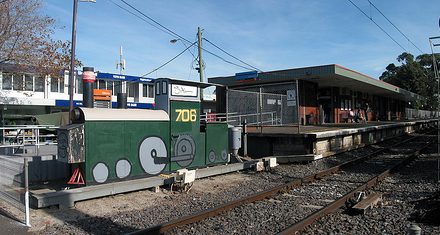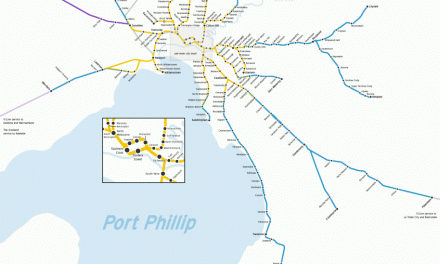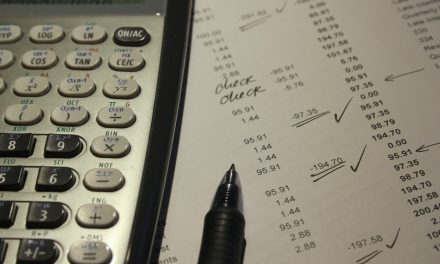Metcard machines will be turned off at stations on the Werribee and Williamstown line next Monday 27th Feb 2012, followed by the Sydenham line one week later on 5th Mar (Ref 1).
Passengers on these lines still using Metcards will then have 2 options:
- Switch to Myki
- Purchase Metcards elsewhere
I will recommend the first option. Why resist something that is inevitable? Furthermore, it is cheaper to use Myki than Metcard for certain travel usage (refer to these comparison tables).
I have read from Daniel Bowen’s blog that you can purchase fares for any number of days rather than multiples of weeks or months. This flexibility allows you to get bigger bang for your buck. For instance, you are going on holiday 35 days later. Instead of buying a monthly and a 10-trip Metcard ticket, you can purchase a 35-days Myki Pass.
If you do not use public transport during weekends, you will be wasting about 8 days of a monthly Metcard. With Myki, you can purchase a Pass of more than 28 days to last until say the Friday of a week, then start a new Pass on the following Monday. You will still be not utilizing a number of Saturdays and Sundays (about 6 for a monthly cycle) but at least in theory, you can save 2 weekend days using Myki Pass rather than a monthly Metcard.
If you still insist on using Metcards, make sure that you still have values remaining or get new cards in advance. Do not get caught by surprise next Monday to find that you are unable to buy Metcards from the local train station.
Transport Ticketing Authority chief Bernie Carolan said public transport users should use up any Metcards they still had (Ref 2). I have not read anywhere that any residual value in Metcards can be refunded. Hence, the best advice is to expend them before they become defunct.
With the phasing out of Metcards, Melbourne will become the only city in the world where visitors and occasional users cannot buy a short-term ticket (Ref 3). 50 million single-use paper Myki cards, each containing a microchip and costing 31¢ or about $15 million in total, were actually made and stored on hundreds of pallets in warehouses in Altona and Rowville. These stockpiled paper tickets will never be used and will be pulped following a recommendation from consulting firm Deloitte to dump all short-term tickets to help the government reduce Myki’s complexity and cut its operating cost (Ref 4). The only option now available to visitors is to buy the $6 non-refundable Myki card with no credit (Ref 5). This price has come down from the original $10, in a bid to encourage users to switch over from Metcards. Hence, now will be the best time to purchase a Myki card for its cost is bound to rise again once Metcards are phased out.
In Singapore, one can buy a single-use smart card, which is exactly of the same plastics material as the long-term card and thus does not require a separate system for its operation. After the trip, the user can easily get back the refund from the vending machine, which collects and recycles the card.
The lack of affordable short-term tickets is actually bad news for the tourism industry. Not all tourists to Melbourne travel on group tour coaches. An increasing number of tourists will be “free and easy” independent tourists who will make frequent trips on public transport to get around. Making travel more expensive is not a way to woo more tourists who are already bypassing Australia as a tour destination due to its strong dollar.
It is thought that a booming China would save Australia’s economy. Likewise, it is thought that Chinese tourists would save single-use tickets. But this is not going to happen (Ref 5).




